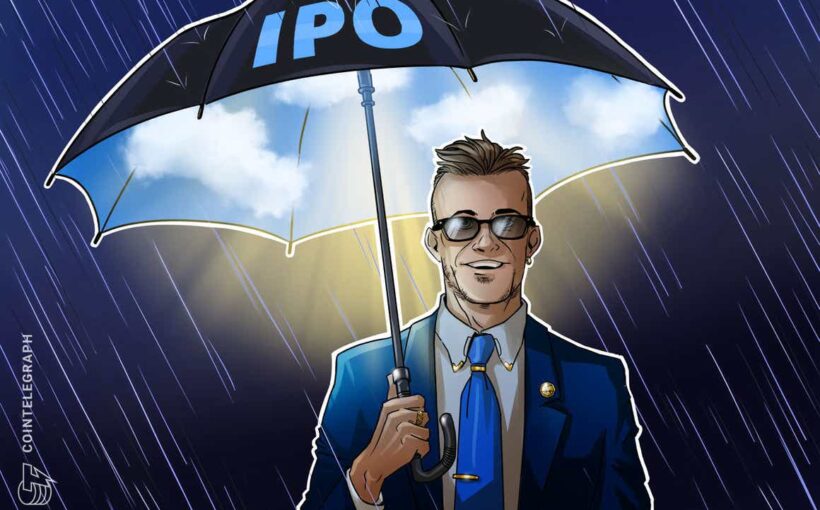The world’s top nonfungible token (NFT) marketplace OpenSea has denied it intends to pursue a public listing any time soon.
Chief Financial Officer (CFO) Brian Roberts sparked a public backlash this week when he told Bloomberg that “it would be foolish not to think about going public.”
The statement caused an uproar among OpenSea’s crypto native NFT community, many of who see a public listing of the platform as a sell out to large institutional investors. The vast majority of users on OpenSea execute transactions below $10,000 at a time.
“Sucks to hear @opensea is selling out and doing an IPO,” wrote Twitter user @Punk_2070, complaining the community rather than VCs had driven its success.
“Just another reason why I can’t wait for @Coinbase_NFT. If we are using corporate vehicles, we might as well use the one that won’t go down three times a week.”
Users also seemed miffed that a share market listing would put paid to rumors the platform was planning to airdrop governance tokens to longstanding community members in a similar fashion to Uniswap.
But Roberts apparently sees the whole thing as a misunderstanding and he blamed “inaccurate reporting on Opensea’s plans” regarding going public in a Dec. 8 tweet.
“Let me set the record straight: there is a big gap between thinking about what an IPO might eventually look like & actively planning one. We are not planning an IPO, and if we ever did, we would look to involve the community.”
Whether governed by the community or listed on the stock market, the NFT marketplace is hot property, recording $2 billion in trading volume from 1.1 million transactions and nearly 250,000 users over the past 30 days alone. The platform takes 2.5% from every trade, meaning it earned over $50 million in revenue in that time period.
Related: Virtual land in the metaverse dominated NFT sales over past week
Roberts became OpenSea’s first CFO after resigning from Lyft earlier this week. He is experienced in tech and retail, having also previously worked for Walmart and Microsoft.
Source: Read Full Article
